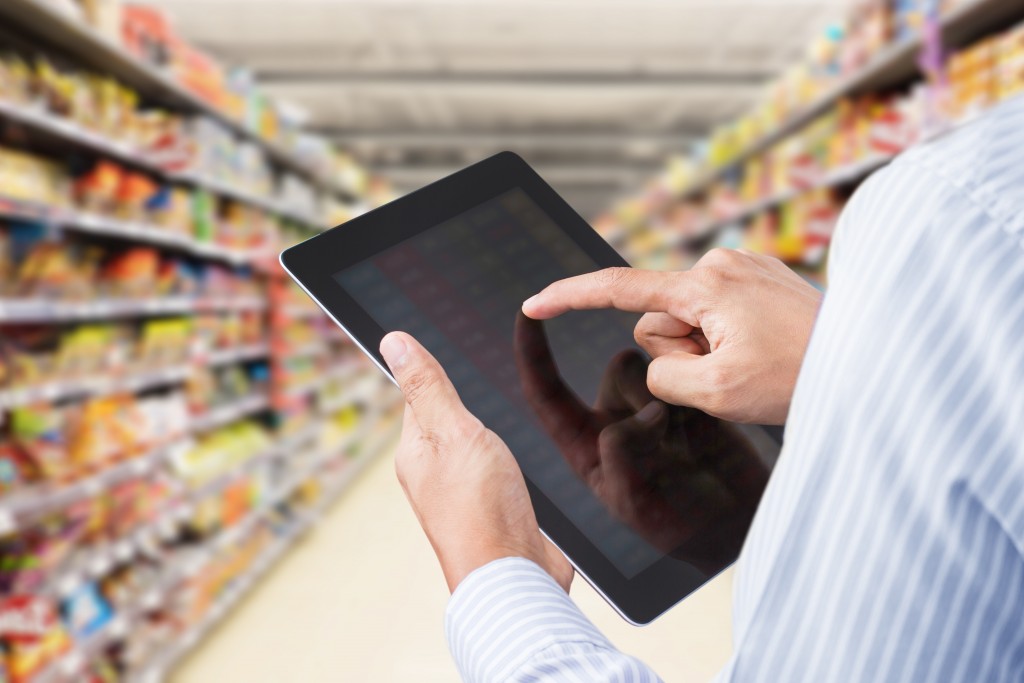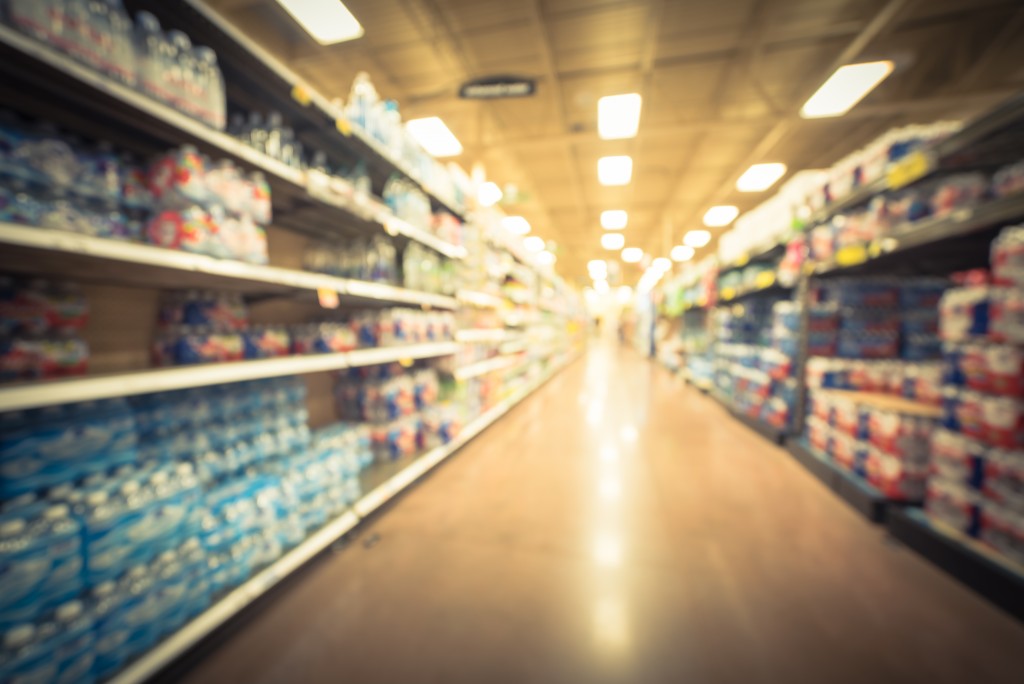Disclaimer: This website provides health information for educational purposes only and is not a substitute for professional medical advice, diagnosis, or treatment. Always seek the guidance of a qualified healthcare provider with any questions you may have.
Running a grocery store can be very profitable, especially if operated well and in a location with a good number of people. Of course, there are a lot of fluctuating factors that come into play, and there are also unforeseen circumstances that can throw a significant wrench in things without the proper response. With that in mind, it’s essential to stay prepared for some of these instances.
Broken gadgets or equipment
Some of the most important pieces of equipment in a grocery store would be the refrigerator, cash register, and bar code scanners. While the equipment issues can be circumvented by opting for Zebra repair to cover your store year-round, a busted refrigerator, for instance, can affect your stock and sales significantly. People are less likely to opt for perishable goods that don’t seem like they have been frozen enough. If drinks, people will put them back if they’re not the right temperature. Even worse, this could simply spoil your stock and get you a hit to your costs.
When it comes to a broken register or scanner, this can cause delays in checking out and even possibly create longer lines in your store. Psychologists note that people are much less patient when long waits in a queue are caused by unexplained delays, especially when they perceive other lines to be moving faster.
Weather problems
We simply cannot dictate the weather, and when it’s terrible, it’s essential to know how to manage your store for safety. In terms of keeping sales up and attracting customers to continue shopping, you can adapt to this by having an order online-pick up in-store system put in place. As for safety, you can make use of storm-proof panels for your glass windows and have emergency plans and guidelines if you have workers come in and get stranded.
With your workers, you’ll also need to determine which staff members would be essential if you need to run on a skeletal crew. Compensation and hours would likely have to be adjusted as well, lest you end up with an entirely unmanned store.
A supply crisis

Just as the recent events of COVID-19 have shown, a supply crisis can have a major impact if you don’t have back-up plans ready. Make sure you have alternative suppliers prepared in case your existent partners suddenly can’t deliver, especially if you find that demand sharply increases and if you need to keep up.
While keeping things in stock is essential, it’s also crucial to make sure not to overstock to the point where you end having a lot of waste in a warehouse. Being able to keep accessibility to necessary supplies is important, though, especially during times when the majority of people are opting to do groceries rather than dine out. Check the situation with your distributors so that you don’t meet a sudden halt in business.
These are only some of the biggest bumps that a grocery might face suddenly, so it’s vital to have them in mind when creating an area like that.




